
PFUJ calls for end to Impunity for Crimes Against Journalists
November 02, 2025: PFUJ urges Pakistan’s federal and provincial governments to end Impunity for Crimes Against Journalists and ensure their safety and press freedom.
JournalismPakistan.com | Published 10 years ago
Join our WhatsApp channel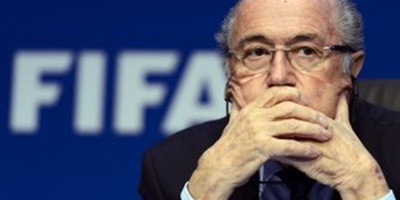
WASHINGTON: He says that he is the only reporter to ever be barred by FIFA president Sepp Blatter (pictured) -- and veteran investigative journalist Andrew Jennings wears it as a badge of honor.
No more so than on Wednesday when the grizzled Briton went before a US Senate subcommittee on Capitol Hill scrutinizing FIFA and the litany of corruption allegations convulsing football's world governing body. Jennings, who has made a long and fruitful career out of ruffling feathers, has spent 15 years pursuing Blatter and other high-ranking football administrators.
So he made no effort to hide his glee when US authorities in May charged 14 football officials and sports marketing executives over more than $150 million of bribes.
Blatter was not among them, but shortly afterwards the man synonymous with FIFA largesse said he would step down -- not that Jennings thinks the Swiss has any intention of doing so.
Jennings, reveling in the opulence of his surroundings and with all eyes on him, did not miss the chance to twist the knife further into Blatter and Co. at Wednesday's hearing.
The star witness -- who had flown in from Britain -- branded FIFA "sleazebags," "low lifes" and "a smelly shell," his broad British accent incongruous in a room full of Americans.
"Once upon a time FIFA officials walked down the street with their FIFA blazer, the FIFA logo. 'I'm from FIFA. I'm important,'" said Jennings.
"Who would do that now? Who would dare do that now? None of them."
He may have helped bring FIFA close to its knees, but Jennings, an author who has also made documentaries for the BBC, had a long and varied journalism career before homing in on the beleaguered footballing body.
He has reported in war zones -- Beirut, Chechnya and Central America -- and gone "nose-to-nose" with mafioso in Palermo, as he put it to the subcommittee hearing.
Nor is FIFA the first major sports body he has successfully gone after, having helped expose corruption at the International Olympic Committee (IOC) in the 1990s.
After that he had FIFA firmly in his sights and he described Wednesday how he had experienced attacks on his computers and legal threats, and how he met US special agents who wanted to know what evidence he had of alleged FIFA wrongdoing.
"I was not alone any more, the real people had arrived," he said.
He handed over to them financial documents and other papers about Chuck Blazer, he said, at one point the most powerful man in North American football and a key Blatter ally.
Blazer is now disgraced, facing jail time and banned from football for life after admitting to US investigators that he took more than $11 million in bribes from 2005 to 2010.
He may be in his seventies now, a grandfather and his hearing not what it once was, but Jennings shows scant sign of slowing down -- or of being in the slightest bit concerned at making more enemies.
Also in his crosshairs Wednesday was the US Soccer Federation ("massive, massive deficiencies") and its absent president Sunil Gulati, who is also a top FIFA executive.
"I note the absence of your FIFA delegate Mr Sunil Gulati," Jennings said in the direction of US Soccer CEO Dan Flynn, another giving testimony, his tone rich in irony.
"That's one crucial question today," Jennings went on, his voice getting louder.
"Where is Sunil? Where is he?"
Jennings has gobbled up and spat out FIFA, but FIFA has consumed him too.
He may be very much an old-school journalist with his long sideburns and thirst for rooting through reams of documents, but he has embraced Twitter -- his timeline full of FIFA references.
And as he went through airport-type security ahead of the subcommittee hearing he could not resist stopping to chat with the guards -- about FIFA.
Ultimately, Jennings relishes digging for dirt.
"I'm a document hound. If I've got your documents, I know all about you," he recently told The Washington Post, after the FIFA scandal burst to the fore.
"This journalism business is easy, you know. You just find some disgraceful, disgustingly corrupt people and you work on it." - AFP

November 02, 2025: PFUJ urges Pakistan’s federal and provincial governments to end Impunity for Crimes Against Journalists and ensure their safety and press freedom.

November 02, 2025: Impunity for crimes against journalists deepens worldwide as Pakistan reports a 60 percent surge in attacks and weak enforcement of safety laws.

November 01, 2025: Pakistan Press Foundation reports 137 attacks on journalists in 2025, highlighting rising threats, legal harassment, and censorship on the International Day to End Impunity.
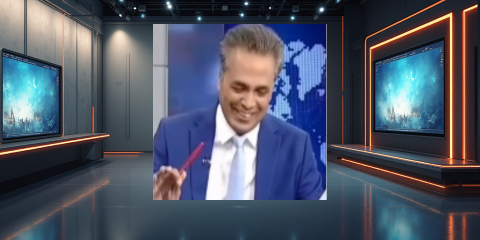
November 01, 2025: A viral Samaa TV clip featuring MNA Sher Afzal Marwat’s crude remarks and Talat Hussain’s laughter raises questions about the declining ethics of Pakistani television.
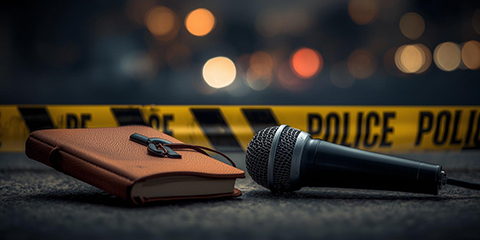
October 31, 2025: Police foiled a plot to kill DawnNewsTV journalist Tahir Naseer in Rawalpindi after arresting suspects hired for Rs200,000. Naseer says threats followed his reporting.
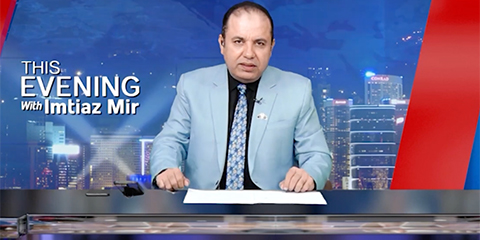
October 31, 2025: CPJ calls on Pakistan to bring Imtiaz Mir’s killers to justice after the journalist was allegedly murdered by a banned militant group in Karachi.
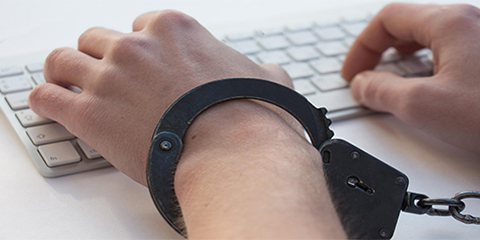
October 30, 2025: The PFUJ has condemned a fabricated drug case against journalist Matiullah Jan, calling it an attempt to silence him and urging authorities to quash the charges immediately.

October 30, 2025: NewsOne TV remains on air but faces mass layoffs and delayed salaries, exposing Pakistan’s worsening media crisis and financial instability.

November 02, 2025 Independent outlet All About Macau to halt print and online operations amid rising pressure, financial strain, and legal threats, sparking press freedom concerns in the city.
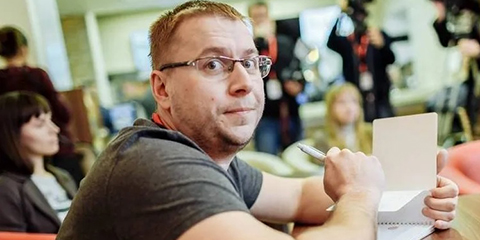
November 01, 2025 Belarus court jails journalist Siarhei Chabotska for extremism and defaming the president, highlighting Minsk’s ongoing crackdown on press freedom.
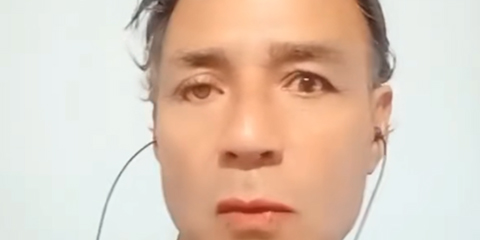
November 01, 2025 Mexican journalist Miguel Angel Beltran was found murdered in Durango. CPJ urges authorities to ensure justice amid rising violence against journalists in Mexico.

November 01, 2025 UNESCO survey finds one-third of media lawyers cannot effectively defend journalists due to threats, limited resources, and lack of specialization.
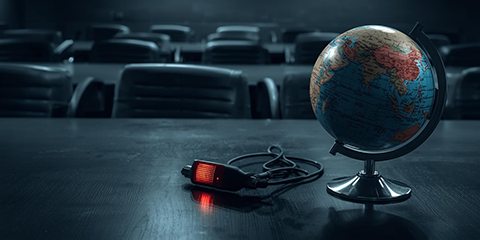
October 31, 2025 Radio Free Asia, a US government-funded broadcaster covering tightly controlled Asian media environments, has suspended all news operations after federal funding dried up.